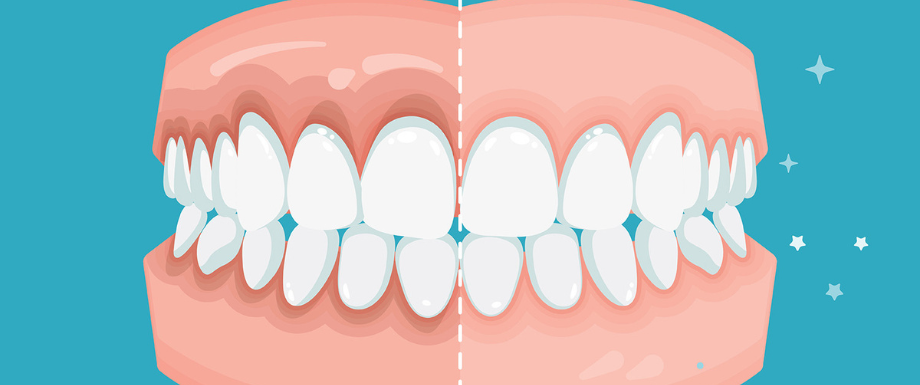DIABETIC ORAL HEALTH PROBLEM SYMPTOMS
It is always better for diabetics to go for a dental check, irrespective of presence or absence of symptoms of diabetic oral disorders. In case of any diabetic mouth problems, you will notice any or more of the following symptoms, depending on the specific diabetic oral disorder:
- Gum swelling, pain, redness
- Patches on your gums, tongue, cheeks or roof of the mouth
- Bad breath
- Changes in teeth positioning
- Burning sensation
- Change in taste or bitter taste
- Dry mouth, cracked lips
- Pain in your mouth, jaw or face
- Problems while chewing, swallowing, eating or talking
CAUSES OF ORAL HEALTH PROBLEMS WITH DIABETES
Poor oral health and diabetes go hand in hand. Diabetes can affect hard tissues such as teeth or soft tissues such as mucosa in your mouth. Amongst all oral health problems in diabetes, gum or periodontal disease is the most common, affecting majority of diabetics and is closely linked with poor glycaemic control.
Reduced production of supportive tissue for teeth and poor blood circulation are few other causes for the risk of gum disease in diabetics. Here, it is also important to note that the diabetics with gum disease are associated with higher risk of multiple other diabetic complications; so taking care of your gums will have an overall positive effect on your diabetic control.
Other diabetes mouth problems common among diabetics are:
- Dry mouth caused due to high glucose levels or medicines for diabetes or decreased saliva secretion
- Altered taste sensation
- Greater tendency or infections leading to dental caries, and tooth and associated periodontal disease
- Burning mouth
- Bad breath
DIABETIC ORAL HEALTH PROBLEM PREVENTION/MANAGEMENT
You can keep your mouth healthy and avoid or manage oral disorders by:
- Thorough cleaning – brushing twice daily, flossing, cleaning at the dentist, using fluoride tooth paste, changing your tooth brush at least every 3 months and use a soft toothbrush
- Cleaning dentures regularly and removing them at night, for people using dentures
- Attending dental check-ups at least twice a year or more as suggested by your dentist
- Keeping your blood sugar in control
- Adhering to the diet regimen worked out by your dietician or doctor
- Discussing with your doctor if the medicines cause any burning sensation
- Seeing your dentist or doctor if you suspect any oral disorders or other problems and following their advice
We would love to understand more about your concerns and experiences with diabetes. Do feel free to call us at our toll no or visit any of our diabetes care centers located near you
